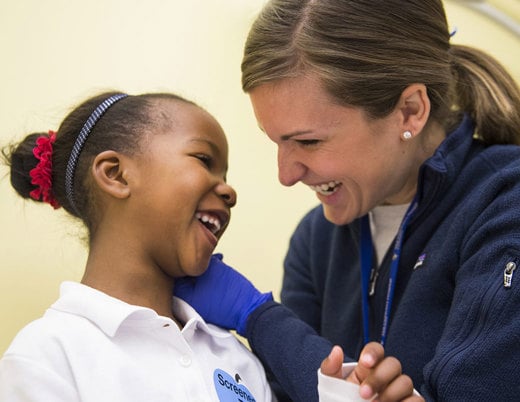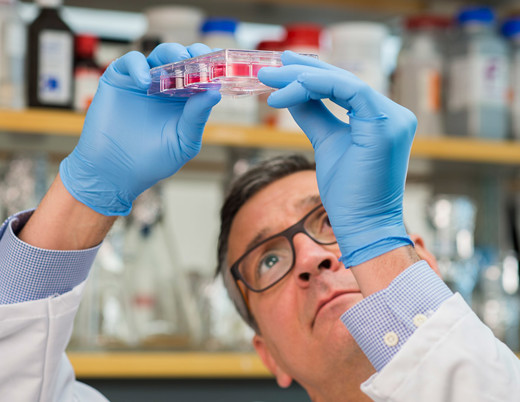Key takeaways
-
Postoperative care pathways for radical nephrectomy recovery have not been developed.
-
Our researchers explored factors associated with early discharge for patients who underwent radical nephrectomy in an effort to create a postoperative care pathway.
-
The study found that early refeeding was associated with early discharge.
Research background: Pediatric renal tumors and treatment with radical nephrectomy
Renal tumors, the fourth most common solid tumor occurring in children, are characteristically unilateral. In a typical course of treatment, patients receive early surgical intervention with an upfront radical nephrectomy prior to chemotherapy. Management with adjuvant therapy, which includes chemotherapy and radiation, is given after surgery.
Data on pediatric renal tumors show that adjuvant therapy should be initiated no longer than 14 days after surgery, and surgical recovery should take place quickly to comply with adjuvant treatment protocols and promote excellent outcomes. Most early recovery after surgery (ERAS) protocols have been studied in adults and are evolving in the pediatric setting. The ERAS protocols that have been studied in children have been found to be safe and effective for decreasing hospital length of stay.
Nicholas Cost, MD, from the Urologic Tumor Surgery Program at Children's Hospital Colorado, was lead author of the current study. The purpose was to take initial steps to develop a care pathway for children who receive radical nephrectomy for suspected renal malignancy and to identify factors associated with early discharge.
Watch a video featuring a discussion of these study results.
Research methods: Data collection for postoperative length of stay for radical nephrectomy for pediatric renal tumors
All patients who underwent open radical nephrectomy for a renal tumor at Children's Colorado between 2005 and 2016 were identified for the retrospective study. Researchers collected demographic and clinical information. They were categorized by length of stay to discharge: before the median postoperative day (early discharge) or at median number of postoperative days or longer (late discharge). The median postoperative day was used as the benchmark.
Research results: Summary of postoperative characteristics for renal tumor surgery recovery
Eighty-four patients met study inclusion criteria and the median age was 28.1 months.

Research discussion: Factors to consider when creating a postoperative care pathway for pediatric renal tumor surgery
Factors that promote early discharge from the hospital can also improve Children's Oncology Group protocol adherence regarding when to start adjuvant therapy and lead to better patient outcomes. There are several factors that can impact postoperative stay and recovery for renal tumor patients who undergo radical nephrectomy, including:
- Tumor size
- Preoperative bowel preparation
- Extent of lymph node sampling stage
- Operative time
- Estimated blood loss
- Surgical service
- Postoperative nasogastric tube use
- Transfusion
- Chemotherapy prior to discharge
While none of these factors were associated with discharge timing, early refeeding was associated with early discharge. Thus, these factors should be considered when developing a postoperative care pathway.
There is limited data for early recovery after surgery protocols in pediatrics, but when these protocols are used for children undergoing major urologic reconstruction, there have been reductions in hospital stay and complications. It is reasonable that a similar pathway can be applied to children undergoing radical nephrectomy for suspected malignancy.
Research conclusion: Radical nephrectomy recovery time decreased
Researchers found, through univariate and multivariate logistic regression analyses, renal tumor patients who underwent radical nephrectomy and returned to a regular diet sooner were discharged earlier.
Refer a patient
The Urologic Tumor Program at Children's Colorado specializes in the diagnosis and surgical treatment and/or removal of benign and malignant tumors of the kidney, bladder, pelvis and testicles in children, teens and young adults. Contact us at 720-777-3926.
Featured Researchers

Nicholas Cost, MD
Co-director of Surgical Oncology
Department of Pediatric Urology
Children's Hospital Colorado
Associate professor
Surgery-Urology
University of Colorado School of Medicine





 720-777-0123
720-777-0123










